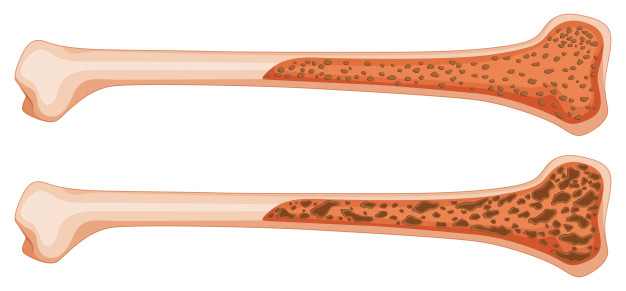Alkaline water is mostly defined by its pH level. It is less acidic than regular drinking water, normally with a pH level around 8 to 10. The idea that alkaline water promotes health has been around for years. Does it really benefit our health, or it is just a marketing hype? What does the evidence say?
But Wait….
Before getting into the evidence, we must understand that there are many ways to alter the pH level. Therefore, not all the “alkaline water” is the same.
Alkaline water can be obtained either naturally or synthetically. Naturally obtained alkaline water is mostly obtained from natural sources such as springs and artesian wells. Their pH level is naturally higher due to dissolved minerals. Some bottled alkaline water (where you normally see in hypermarket) fall within this category. On the other hand, synthetic alkaline water is mostly generated via ionizing process using home use machine.

Myth #1: Alkaline water can neutralize the acidity in the body.
False. Our body is smart. Unless with serious medical conditions, the pH level in our body is normally maintained at its best level, regardless of what we have consumed. Alkaline or ionized water alone will not have the ability to alter the pH level of the blood and tissues.

Myth #2: Alkaline water can help to slow bone loss.
Partially True. There is evidence suggested that alkaline water can help to slow bone loss in patients with chronic diseases. However, it is important to note that the “alkaline water” used in the study are bottled alkaline water acquired from natural sources.
On contrary, there is still limited evidence for ionized alkaline water, that we can get from a home-use alkaline water ionizer. In fact, experts believed that ionized alkaline water might not have the same effect on bone as naturally-acquired alkaline water due to their difference in nature.
The study has shown that alkaline water from natural sources can slow bone loss in patients with medical problems due to their minerals content. However, to achieve the same outcome, the doctor can simply prescribe some minerals pill, which is a lot cheaper and more effective than buying bottled alkaline water.

Myth #3: Alkaline water can relief upset stomach.
Partially True. Similar to myth #2, the “alkaline water” that was proven to be effective in relieving upset stomach, was from natural sources and are rich with dissolved minerals. These minerals are effective in neutralizing stomach acid, thereby relieving the symptoms. This, however, can also be achieved using medicine with similar ingredients where you can get from any nearby pharmacy.
On the other hand, there is still limited evidence for ionized alkaline water on this matter. More evidence is still required to validate its health benefit.

Myth 4: Alkaline water provide more hydration.
More researches are needed. A study published in the year 2013 revealed that water with alkaline pH can increase the water uptake in the cells. However, the direct relationship of consuming alkaline water and hydration in the human body is still unknown; The experiment was only conducted on the cellular level and more researches are required. But again, even if alkaline water did provide more hydration, is this cost-effective? Can we simply achieve the same result by drinking more plain water? This is still a question to address.

Myth 5: Ionized alkaline water is totally safe.
There might be some potential risks. “Even if ionized alkaline water didn’t bring any health benefits, drinking them wouldn’t be harmful, right?” Unfortunately, theories and animal studies had shown that this assumption might not be true.
Ionized alkaline water is normally synthesis via the ionizing process. Therefore, it is usually associated with an unstable pH. The common side effect of consuming synthetic alkaline water includes nervous tension, over-alkalization of the digestive system, and compromised immune function.
Besides, animal studies had shown that the unstable ion in ionized alkaline water might cause injury in the heart muscle. However, the studies mentioned were all conducted on rats. There is still limited evidence regarding the effect of ionized alkaline water on the human heart muscle. More studies should be carried out before we can make an absolute conclusion.

Conclusion
Based on all the findings, the health benefits of naturally acquired alkaline water are better established compared to ionized alkaline water; It has a stable pH and provides mineral assets to the body. However, considering its high price, it might not be a cost-effective option for long-term health maintenance. Regardless, there is still limited evidence regarding the long-term benefit of both naturally-acquired and synthetic alkaline water. More researches are required to evaluate their health benefits and potential harm.








